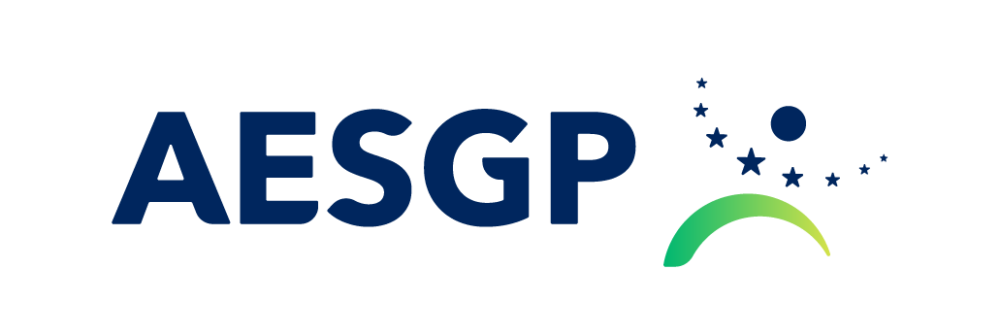The Eco-Pharmaco-Stewardship
The Eco-Pharmaco-Stewardship (EPS) focuses on areas where the European pharmaceutical industry can most effectively reduce the potential environmental risks that might result from its activities.
Encouraging research to assess the impact of pharmaceuticals on the environment
To make the most impactful change and address scientific knowledge gaps, the European pharmaceutical industry has engaged with public partners from universities, regulatory agencies, patients and small/medium-sized enterprises under the Innovative Medicines Initiative (IMI).
Under the Innovative Medicines Initiative, iPiE – Intelligence-led Assessment of Pharmaceuticals in the Environment (2015-2019) and PREMIER – Prioritisation and Risk Evaluation of Medicines In the Environment (started in 2020) are two projects that have been launched to identify and prioritise active pharmaceutical ingredients (APIs) that are most likely to present a risk to the environment.
The next cross-sectorial health innovation partnership (IHI – Innovative Health Initiative) also offers the opportunity to consider future projects to improve environmental impacts.
Responsible manufacturing effluent management
The European pharmaceutical industry is continuously implementing initiatives to further reduce discharges from manufacturing plants through the exchange of good practices. We identify improvement needs by a risk-based approach and take measures where needed. To this end, we have developed a ‘maturity ladder’ and the IAI PIE TF Responsible Manufacturing Effluents Management Guidance to help companies and their suppliers to gauge their performance and continuously improve.
Improving current environmental risk assessment: the Extended Environmental Risk Assessment (eERA)
The current legislation (ERA) requires that a pharmaceutical company assesses the environmental risk only theoretically and only once, before the drugs are approved and launched, or when they are going to be used in new indications or combinations. The eERA intends to extend this framework.
The European pharmaceutical industry believes that the ERA should be reviewed and, if necessary, updated throughout a product’s lifecycle to reflect the latest information on the medicine’s potential impact on the environment. However, the focus should be on the active pharmaceutical ingredients (APIs) entering the environment and not on medicines, as a single API can be used in multiple medicines. Resources and associated environmental mitigation strategies should be prioritised on those APIs that pose a potential risk to the environment.
Extended Producer Responsibility (EPR)
The highest percentage of active pharmaceutical ingredients (APIs) that end up in the environment results from the use of pharmaceuticals by individuals (through excretion or washing), while smaller proportions are due to inadequate disposal. The pharmaceutical industry recognizes the importance of wastewater treatment in protecting surface waters and as an essential component of population concentration in large urban areas.
As with other contaminants of emerging concern, the application of Extended Producer Responsibility (EPR) to human medicines has been mentioned as a source of funding for upgrading urban wastewater treatment plants (UWWTPs) to align with European Union targets. However, the application of EPR to human medicines to fund these upgrades presents several challenges, including:
- lack of comprehensive data on the risks, sources and traceability of active ingredients (or their metabolites)
- ambiguous assignment of responsibility surrounding the use of human medicines, and
- the novel consideration of substances excreted at the molecular level as part of a “product.”
Despite these complexities, the pharmaceutical industry is willing to take responsibility for funding the upgrade of urban wastewater treatment plants in the EU. However, this funding must be fair, proportionate, and shared among all those who benefit from the removal of micropollutants through quaternary treatment of urban wastewater treatment plants.
Improving awareness on the proper disposal of medicines in Europe: the #MedsDisposal campaign
The European pharmaceutical industry stands ready to support the EU and Member States’ communication activities and awareness-raising campaigns on the appropriate use, storage and disposal of medicines.
Most European countries have special medicines disposal schemes in place in order to prevent medicines from ending up in the environment. To facilitate access to information in a ‘one-stop shop’, several healthcare stakeholders (industry, healthcare professionals and student organisations) jointly developed the #MedsDisposal initiative. A dedicated website and other virtual media materials have been developed, providing information on current disposal schemes in European countries.
The #MedsDisposal campaign was recognised among good practices by the OECD’s Environment Directorate in their 2021 Report on the Management of pharmaceutical household waste: Guidance for efficient management of unused or expired medicine.
